Welcome to Preparatory School
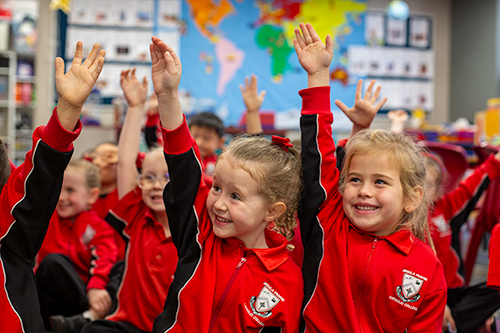
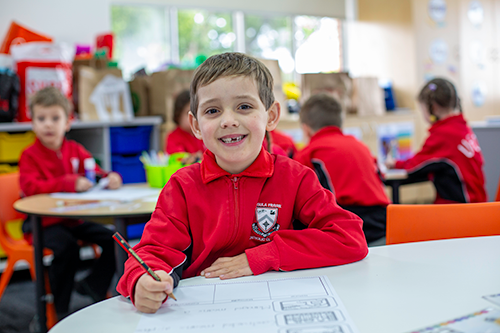
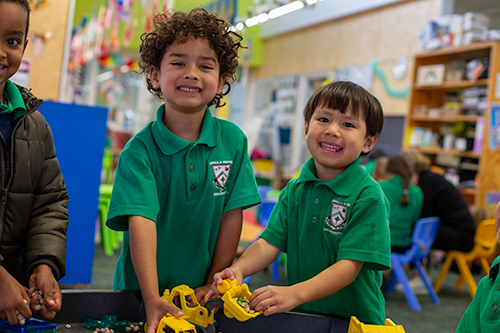
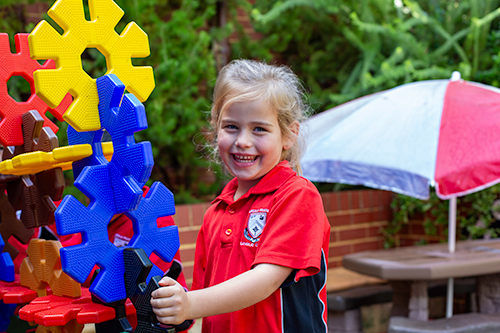
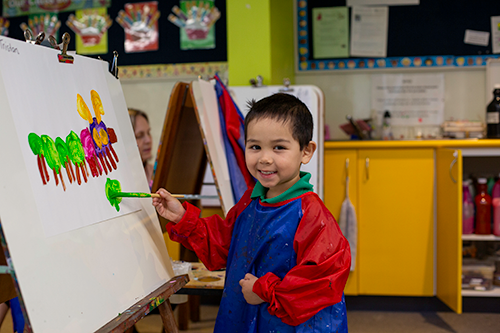
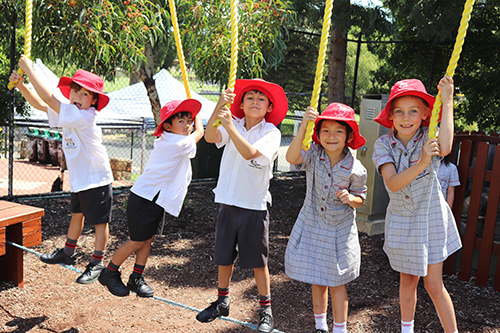
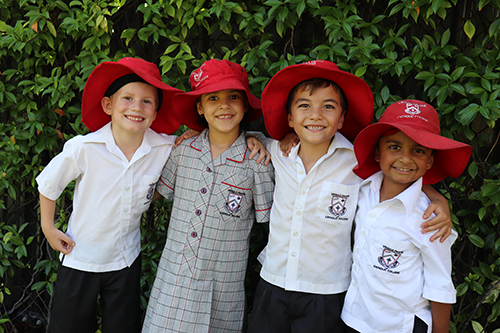
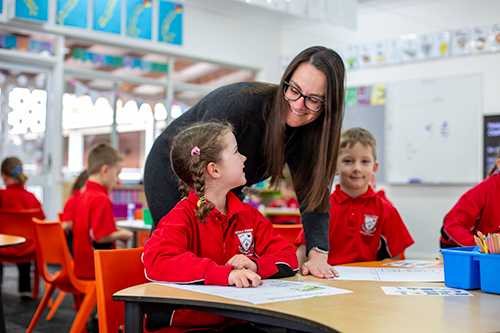
The Preparatory School is the beginning of the formal learning adventure. Children in the early years of schooling bring with them a natural wonder and curiosity about their world and their place within it. The role of the early childhood educator is to plan and implement learning experiences that will support each child’s learning and development.
The early years provide a critical foundation for lifelong learning and the acquisition of life skills and abilities. Early learning needs to be rich, contextualised, developmentally appropriate and connected to young children’s worlds and their community experiences.
This phase is characterised by children’s rapid rate of growth, learning and development, children’s different learning pathways and their multiple forms of expression. Children’s learning is socially and culturally constructed. Their social, emotional, cognitive, physical, aesthetic, spiritual and moral learning and development are highly interdependent and influenced by:
- parents and family;
- the school;
- the wider community in which they live; and
- the way in which the different parts of their world interact.
Play is especially important in early childhood education. It provides opportunities for children to express and test themselves and their ideas, make decisions, solve problems, explore, negotiate, and learn to regulate their own behaviour and that of others.
It is hoped that the Preparatory School experience will set a foundation of excitement and enthusiasm to continue the learning adventure into the Junior School and beyond.
